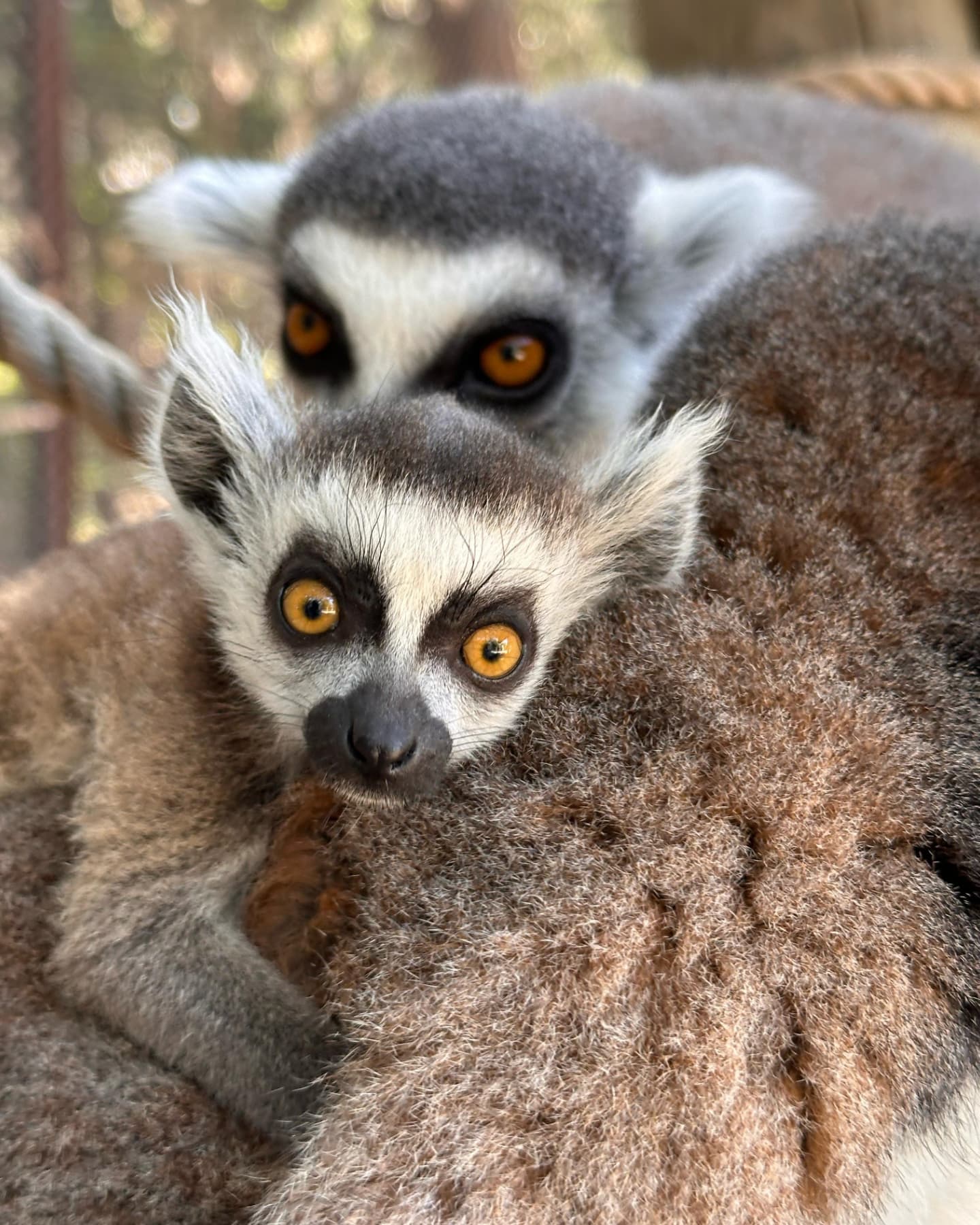- Explore the captivating daily routine of ring-tailed lemurs during the Visita matutina con la familia de Lémures.
- Highlight the role of MVZ Adrián Díaz and his contributions to wildlife health and conservation efforts.
- Discuss the unique social behaviors and ecological significance of lemurs.
- Examine the importance of wildlife conservation programs in preserving lemur populations.
- Provide practical information on how zoo visitors can learn and contribute to conservation efforts.
The Visita matutina con la familia de Lémures is more than just an opportunity for zoo-goers to observe these fascinating creatures. It is a window into their world, revealing the intricacies of lemur behavior and their ecological importance. Ring-tailed lemurs are known for their complex social structures, which involve close-knit family groups led by dominant females. This matriarchal system is unique and vital for understanding their social dynamics. It’s during these morning sessions that visitors can observe these dynamics in action, as lemurs interact socially, foraging and grooming each other.
MVZ Adrián Díaz plays a pivotal role in ensuring the well-being of these animals. His expertise in veterinary medicine and animal husbandry is crucial, particularly during the morning inspections. By observing their behavior and conducting health checks, Adrián helps manage the lemurs’ welfare and detects early signs of potential health issues. These efforts are central to maintaining a healthy, vibrant lemur population in captivity and contribute to ongoing conservation strategies aimed at preserving these endangered species.
Lemurs are endemic to Madagascar and encompass several species, with the ring-tailed lemur being one of the most recognized. They are a keystone species in their natural habitat, playing a critical role in seed dispersal and thus maintaining ecological balance. Their territorial nature and communication methods—employing vocalizations, scent marking, and body language—offer insights into their social life and the complexities of their group dynamics.
Conservation efforts are vital given the significant threats lemurs face in the wild, such as habitat loss, hunting, and climate change. Institutions like zoos play an essential role in ex situ conservation, focusing on breeding programs and public education initiatives to raise awareness about the plight of these animals. By understanding their natural behaviors, conservationists can develop more effective strategies to protect them in the wild.
For visitors, understanding the life of lemurs during visits like these broadens appreciation for biodiversity and conservation. By engaging with the lemurs’ world and learning from experts like MVZ Adrián Díaz, visitors are encouraged to become advocates for wildlife preservation. Educational programs provide actionable insights on how to support conservation efforts through responsible environmental practices and participation in wildlife protection initiatives.
In summary, the Visita matutina con la familia de Lémures serves as an educational experience about lemur ecology and conservation. Through observing their behaviors and interacting with knowledgeable staff, visitors can deepen their understanding of the importance of preserving these extraordinary animals. This initiative not only benefits the animals housed in the zoo but also plays a significant role in global efforts to protect .
*****
Source Description
Visita matutina con la familia de Lémures. 📸☀️ Nuestro MVZ Adrián Díaz, durante su revisión, capturó estos momentos de la hermosa familia de lémures.
¡Tú también ven a visitarlos y conoce de cerca su increíble mundo!


